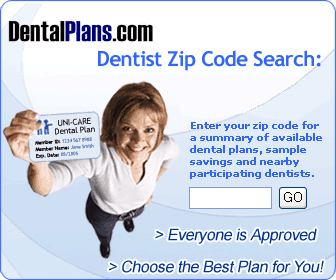Welcome to my blog!
Hey there! I have decided to start my very own blog about one of my favorite subjects...dental health. Yes, I am a strange person. *grin* BUT, I hope to be able to help people by giving some information that you may have never learned about your own body and how to keep it healthy, specifically through oral health which is all too often overlooked.
I know most of you are reading this are thinking, "Come on, it's just teeth. Big deal. They aren't that important and I can't afford to go to the dentist anyway. Besides dentists aren't even real doctors. They are just out to suck as much money out of me as possible".
Sad to say, but this last part is probably true of some dentists. Just like any profession, there are good dental professionals (who go out of their way to make you comfortable and genuinely care about your well-being), and those who are subpar (they really are just in it for the money and do not give a thought to what is best for their patients). HOWEVER, taking care of your mouth really is "that important"...so important that you should make it a priority to find one of those quality, caring dental offices and visit as often as they recommend. You will know you've found the right office for you when you are able to trust their opinions and respect their knowledge and recommendations for your dental condition.




